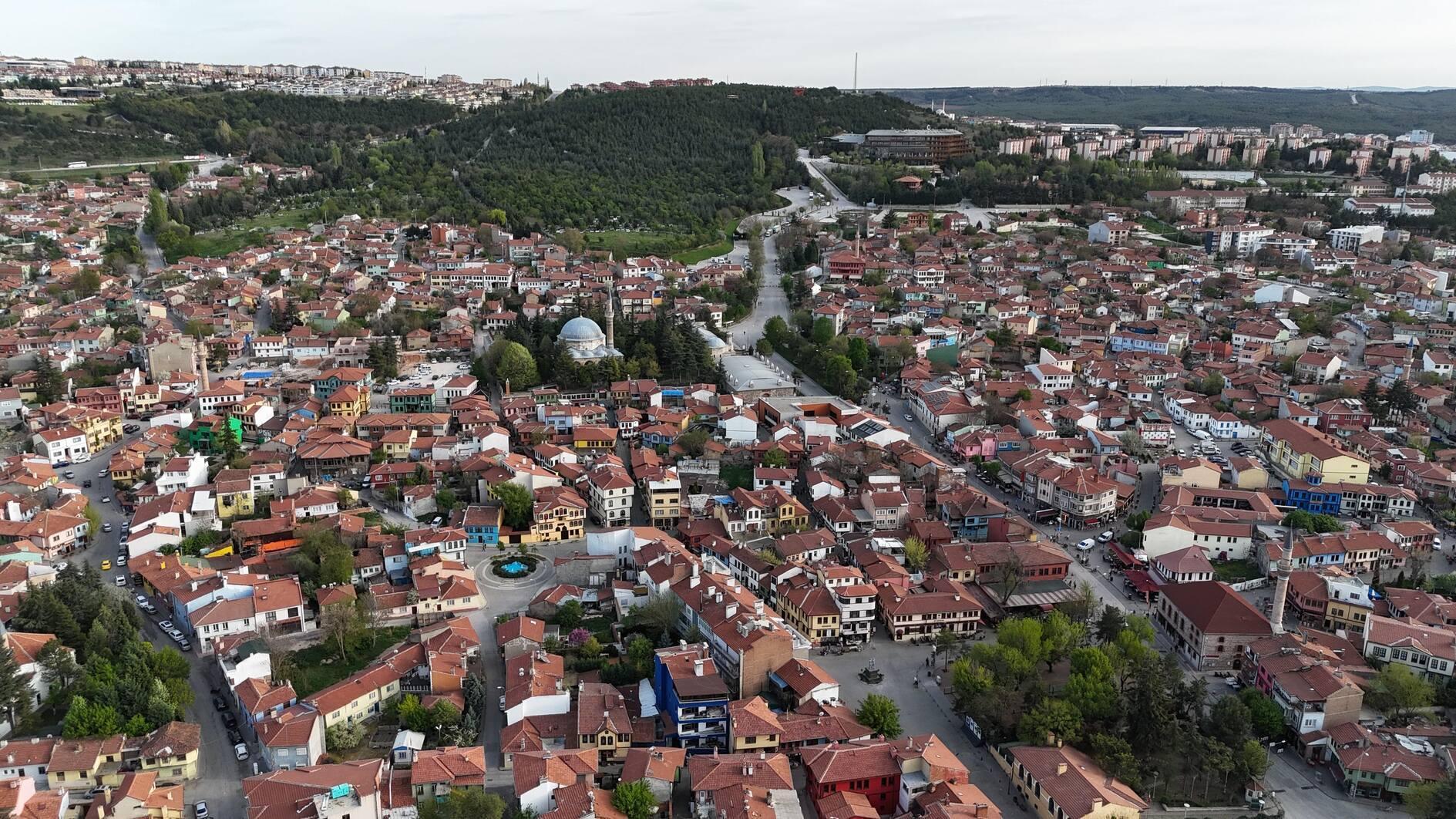Shielding the Euphrates or entering Turkey’s Vietnam?
What are the motives behind Turkey’s “Operation Euphrates Shield?” Could it be, as most Western commentators believe, a mask for an assault on Syrian Kurds? Or was Turkey just trying to scissor out a safe haven for refugees right on its border and kill two birds with one stone: Provide a safe zone for Syrians in their own homeland on the one hand while pushing away from Turkish borders the worst beasts of all times, Islamic State of Iraq and the Levant (ISIL) terrorists. Or did Turkey have another consideration, a third aim of the operation: To push the Syrian Kurds away from connecting to the Kurdish enclave of Afrin northwest of Aleppo, completing a unified enclave and moving towards yet another step to statehood?
With more than 3 million refugees putting not only a serious economic burden on Turkey but endangering the already frail domestic security situation of the country, establishing a secure haven for displaced Syrians on the border areas with Turkey inside Syria has been Turkey’s desire for a long time. Yet, conjecture for such an operation was not ripe. Washington and European allies were against such a move by Turkey, fearing should Turkey enter Syria, it might be very difficult to pull it back. Iran was skeptical of such an action that might increase Turkey’s role in the region. Russia, a key supporter of the Baathist Bashar al-Assad regime in Syria, was against such an undertaking by Turkey as well, fearing a Turkish invasion could produce border changes detrimental to Russian interests in the region.
The fundamental obsession of the Russians, as well as the Americans and the Europeans, however, was their fear that Turkey could indeed mask an operation on the Syrian Democratic Union Party (PYD) and its People’s Protection Units (YPG), which it considers an extension of the clandestine Kurdistan Workers’ Party (PKK) separatist terrorist gang. Indeed, for a long time one of the biggest nightmares of Turkish leaders was the prospect of Syrian Kurds making best use of their role in the fight against ISIL and emerging out of the quagmire as a full-fledged state. Such an eventuality, considering the reality on the land in northern Iraq, could make it very difficult for Turkey to restrain secessionist moves within its own Kurdish population, or the emergence of a big Kurdish state on a territory carved out of Turkey, Syria, Iraq and perhaps (less likely) Iran.
Indeed, the immediate reaction of the Peoples’ Democratic Party (HDP) that Turkey’s Syrian incursion was a move to the “achievements of Syrian Kurds” not only demonstrated the absence of a “belonging to Turkey” on the part of the HDP and its leadership, but underlined the deep buried secessionist desires. Was Turkey’s incursion, which was very limited at the initial stage, aimed at preventing an eventual Kurdish statehood? Obviously Turkey could not be expected to let the Kurds or any other people or state carve out a new entity on Turkish territory. Yet, the size and scope of the Turkish incursion was demonstrative enough of Turkey’s intention: To undertake whatever is required for its national security and interests.
Particularly after the southern Gaziantep blast that claimed the lives of 54 people it became all the more important for Turkey to undertake something to stop the infiltration of ISIL terrorists into the country, benefitting from the absence of state authority in neighboring Syrian territory. One way of achieving domestic security was to push ISIL away from border areas. Secondly, such an operation would cut short the aspiration of Syrian Kurds as by Turkey, or the predominantly Arab, Free Syrian Army (FSA) that it supports, capturing Jarablus, the push of the PYD to capture the town and thus to achieve the unity of the Kurdish enclave on the one hand and cut off Turkey from Syria on the other hand would be effectively defeated.
Where was Russia, the United States and though not significant as for now, the Syrian regime in this conundrum? Russia and Turkey was in tacit agreement early last November for such a limited operation by Turkey. Accordingly, Russian President Vladimir Putin was reported to have told Turkish President Recep Tayyip Erdoğan that out of principle Russia would protest such an operation but that would be all.
Washington, as was seen with the American jets providing cover, though reluctantly was an active participant of the operation. Europeans, fed up with the refugee crisis, agreed to extend a cautious welcome to the Turkish incursion. Furthermore, taking into consideration Turkey’s demands, Washington warned the PYD that it must withdraw behind the eastern flank of the Euphrates River. The warning by U.S. Vice President Joe Biden to the YPG that if it entered the western bank of the Euphrates it would no longer have American support was a clear reassurance from Washington to Ankara that it valued high allied relations with Ankara.
It was of course unfortunate for the main opposition Republican People’s Party (CHP) not to give full support to the operation, as for a change Turkey and the world saw a carefully planned, well-timed and concise and successful surgical operation by Ankara… If however Turkey enhances the scope of this operation and fails withdraw from Syrian territory in a timely fashion, there is the prospect of Syria becoming Turkey’s Vietnam.











